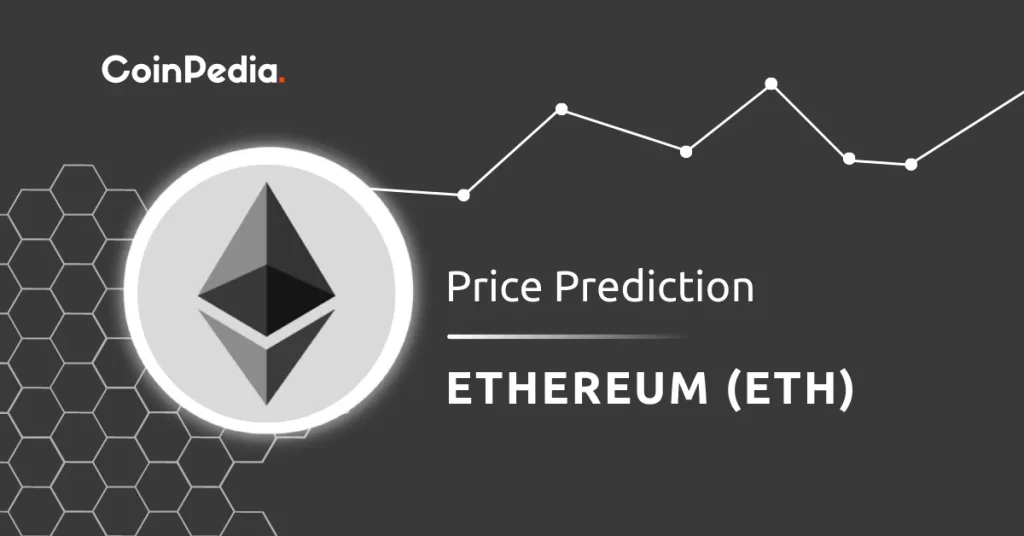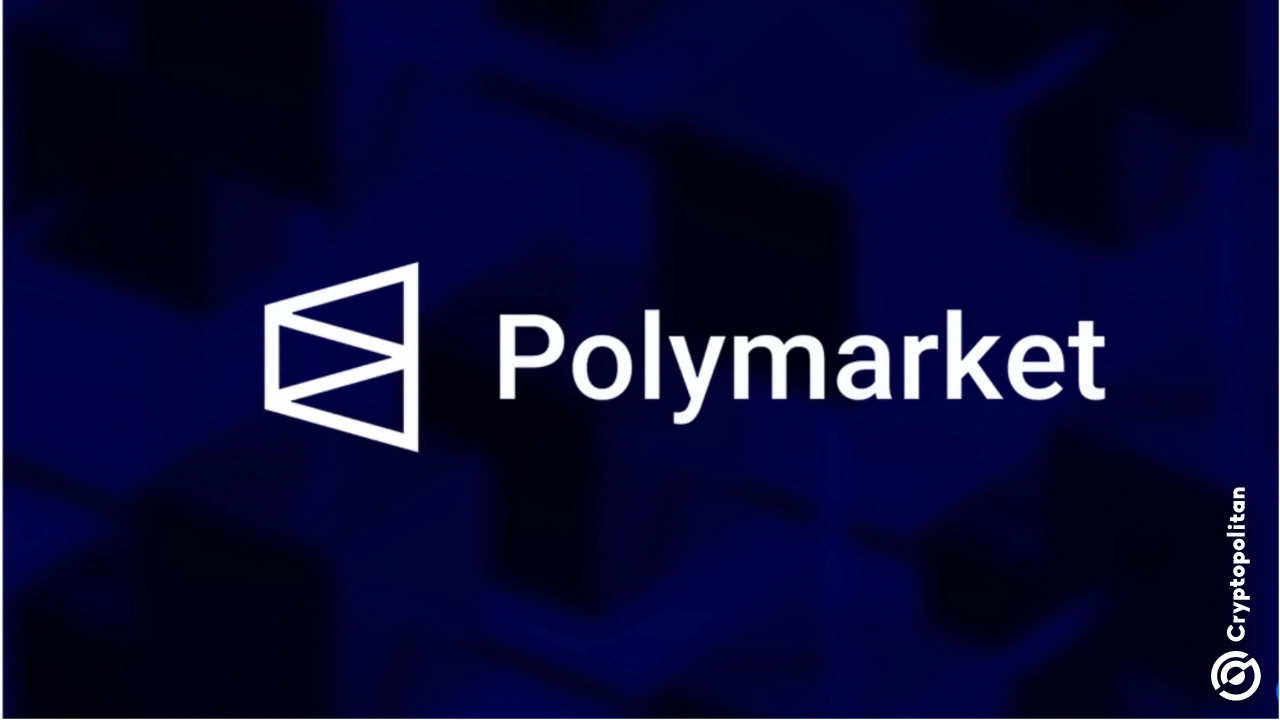Bank Negara Malaysia (BNM )has launched a three-year exploration of real-world asset tokenization. It is establishing a Digital Asset Innovation Hub and an industry working group to solicit feedback for utilization cases, including supply chain finance and Islamic financing solutions.
The central bank stated in their report that it plans to conduct proofs of concepts and pilot studies in 2026 and then expand the scope the following year. Ideas from industry representatives must be submitted by March 1, 2026, as testing parameters have been clearly outlined.
BNM sought feedback from financial companies, fintechs, and technology partners
The bank has defined its analysis framework for evaluating utilization cases in three guidelines. Tokenization will not be evaluated unless it has been shown to create value in activity rather than as a result of assumptions.
Furthermore, DLT must be employed exclusively where it creates clear value, rather than as a standalone evaluation of the technology. Many issues may be better resolved using APIs.
Lastly, the feasibility of every tokenization case is limited by the current technical and functional capacities, but it expands as the industry’s understanding of these technologies grows.
The Bank Negara Malaysia is collaborating with financial institutions, fintech startups, and technology partners to identify use cases that can generate tangible economic benefits. Similar experiments are underway among regional regulators.
For starters, Singapore’s Project Guardian has expanded to include over 40 financial institutions running tokenized asset pilots, while Hong Kong’s Project Ensemble is building wholesale settlement infrastructure to enable tokenized transactions.
The BNM’s tokenization initiative may expand to other assets
Currently, tokenization is becoming a growing phenomenon, with the potential to revolutionize financial markets worldwide. Tokenization is the process of transforming physical or traditional financial instruments into digital tokens on a blockchain, enabling faster, more efficient, and lower-cost transaction execution with full control and transparency. Malaysia could use such an option to consolidate its foothold in the regional digital finance environment.
Bank Negara Malaysia is exploring the potential of tokenization to facilitate continuous, real-time trade and international payments. As cross-border transactions become more digital, these efforts could complement projects such as Dunbar and Guardian, helping integrate Malaysia into a broader regional settlement framework.
Financial instruments are at the centre of BNM’s immediate focus. The initial batch of applications will be for conventional assets, including bonds, loans, and deposits, before the institution expands into more complex areas.
Nonetheless, the Bank Negara Malaysia’s chief researcher also sees potential down the line for tokenizing assets such as real estate deeds or even machinery. Currently, the initiative is open only to licensed and regulated financial institutions, allowing for the maintenance of stable standards of governance and responsibility over time.
The bank intends to retain flexibility in its tokenization architecture, progressing from mixed on-chain/off-chain systems to fully digital solutions as the infrastructure strengthens. It is also open to accepting MYR-denominated tokenized deposits or stablecoins.
Meanwhile, as the global cryptocurrency industry races to capitalize on tokenized offerings, including crypto products pegged to stocks, regulators are raising alarm bells. They say that the fast-growing novel products pose risks to investors and market stability.
Buoyed by President Donald Trump’s pro-crypto stance and his administration’s efforts to foster friendly regulations, the crypto industry is pushing to capitalize on a global surge in enthusiasm for the sector.
Get seen where it counts. Advertise in Cryptopolitan Research and reach crypto’s sharpest investors and builders.











